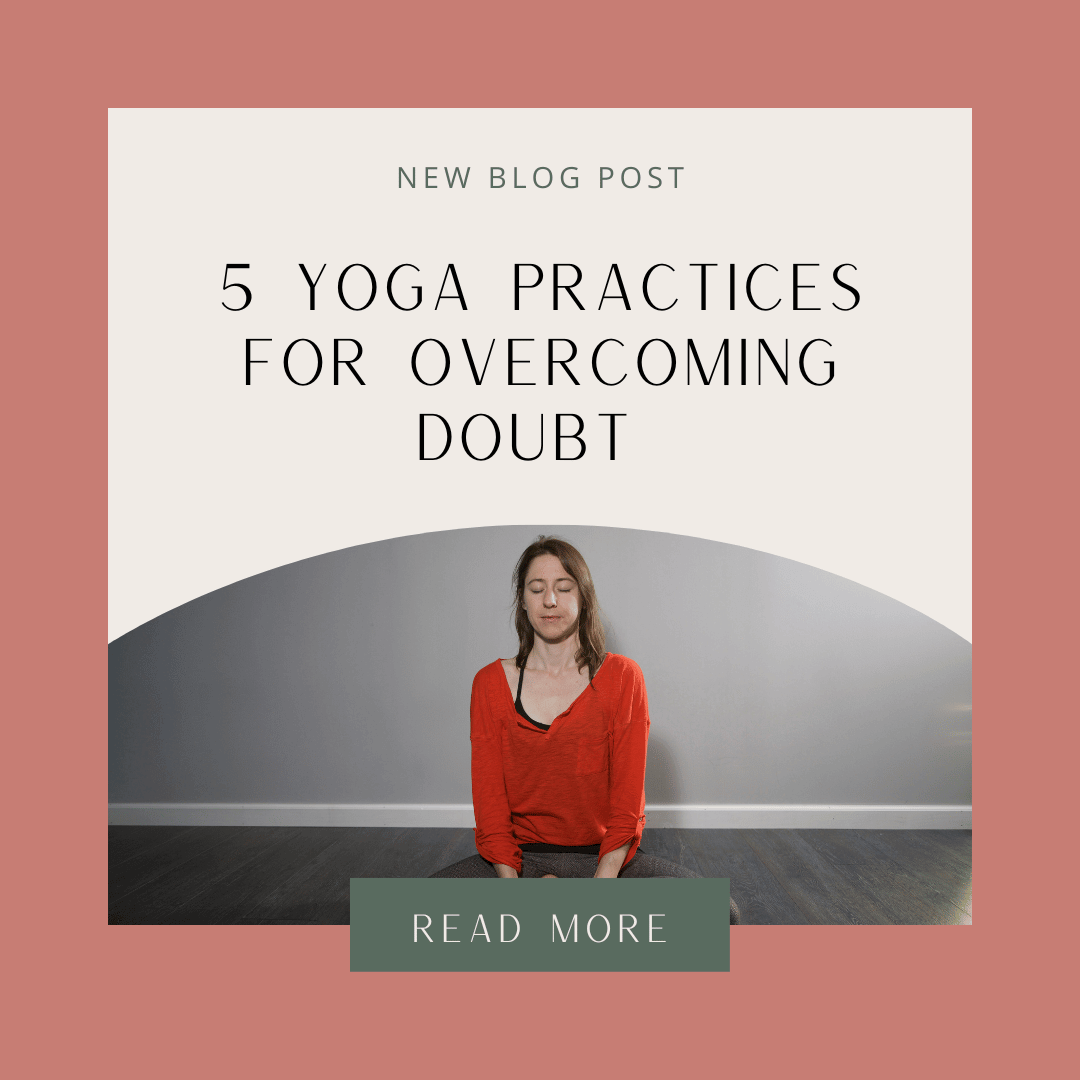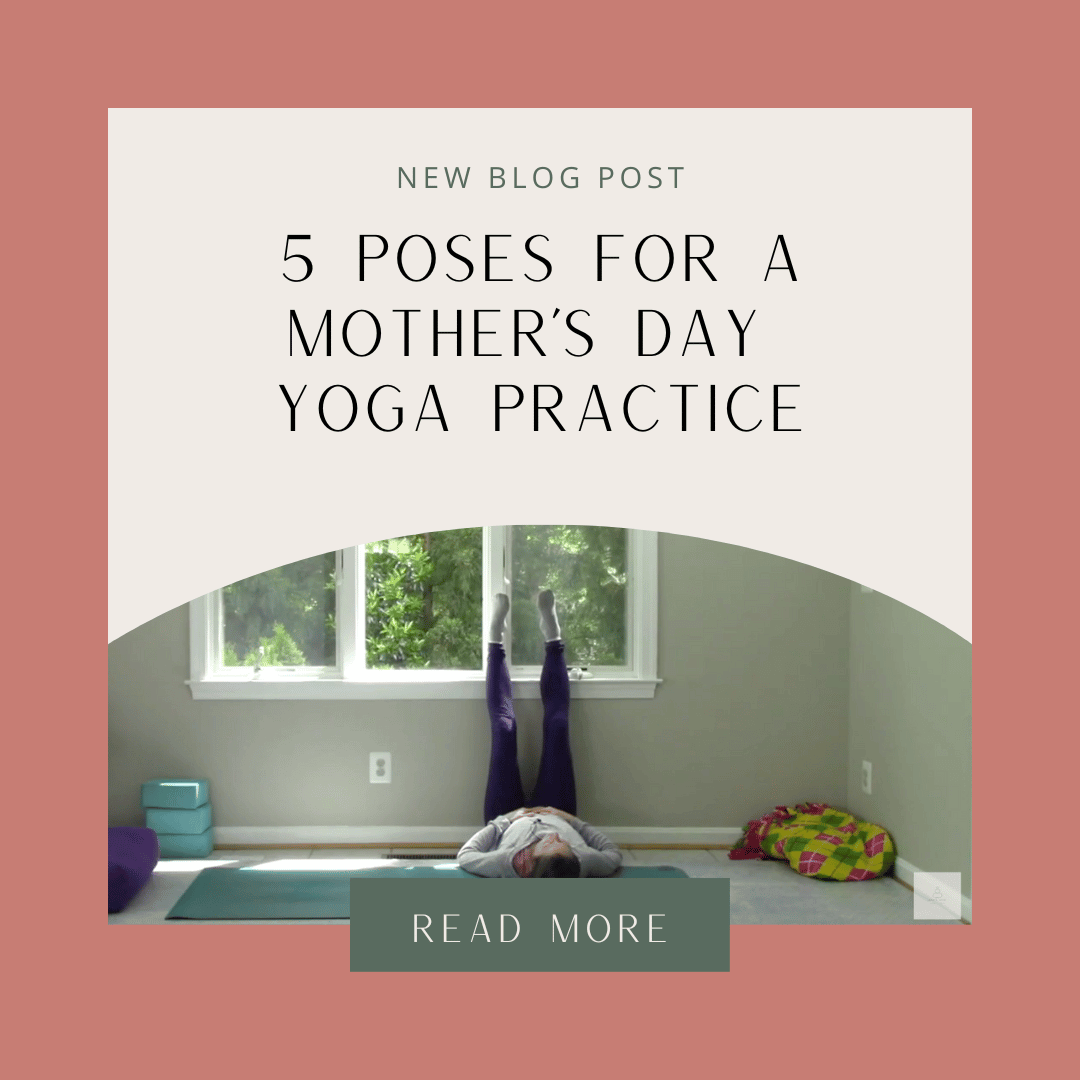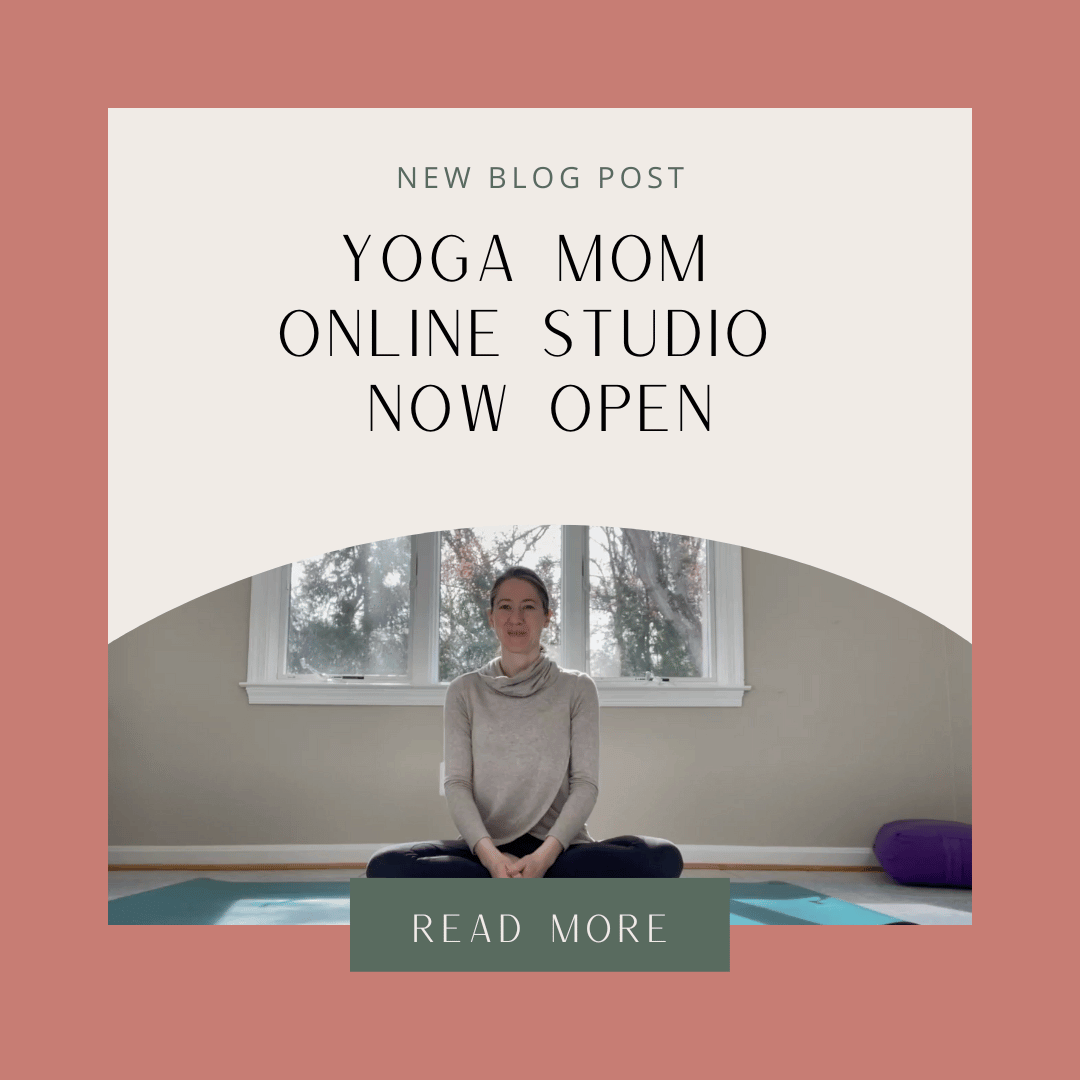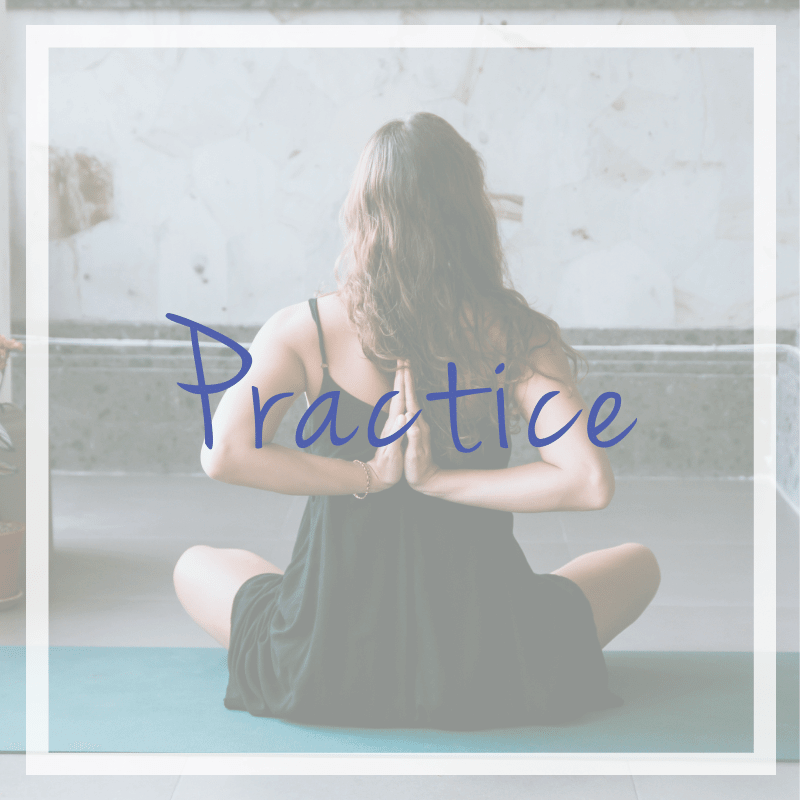As the world becomes more complex, the universe is sending subtle signals to simplify.
It seems a lot of the world is starting to question the complexity we’ve built into our ways of doing things.
In Europe, people are questioning the European Union.
At home, people are questioning, well, everything.
As a society, we’ve spent decades, centuries even, creating processes, rules, laws, and ways of being that are increasingly more complex in the name of more convenience, more prosperity, more efficiency, more happiness.
Now some people are scratching their heads and really starting to experiment with the adage “less is more.”
Simple living
I’ve had the interesting opportunity to live in several different homes, townhomes, condos, apartments, dwellings, etc., over the past couple months.
It’s stuck with me how simple some people live. Minimal furniture, because it’s perfectly fine to sit on some cushions on the ground. Minimal dishes and cooking supplies because, 1) the kitchen is too small for much else and 2) why do you need more then a couple plates, forks, and spoons — they just end up sitting dirty in the sink.
We even stayed in an Airstream trailer for a few days — 4 people, 2 dogs, 1 trailer. And we still woke up the next morning completely capable to be ourselves and live our lives.
It’s easy to think that we need more stuff. In fact, I like stuff. But the more I’m being called to live simply, the more stuff doesn’t make much sense.
As I’ve moved around the past couple months, I’ve lived out of one suitcase, a carry-on, and my purse. Every once in a while I add in a few books that are sitting in reusable shopping bags in my car. Essentially, everything I need can fit inside a few bags.
And yet, we still have a house full of stuff that hasn’t been touched in months. Gathering dust. Forgotten. Nice to have, but unnecessary.
Efficiency vs. quality
Living simply goes beyond stuff.
Living simply means eating simply. Whole, fresh, local foods in season. Simple combinations. Simple preparation. Simple spices.
Living simply means not making things so complicated…duh — but sometimes we need the reminder.
Life gets complicated when we forget what matters most and we stray from our core values. When we try to do too much and don’t give ourselves time.
So many people these days are preoccupied with how to hack their lives so that they can use time most efficiently — I know this because I do it too. The cornerstone of industrialized society has slowly creeped into our most basic daily routines. How can we get the most amount done in the shortest amount of time to increase profit and reduce waste (in this case, we’re not talking about money, but our own time to enjoy our lives).
Do you really want to ALWAYS be efficient? When you start favoring efficiency over everything else you lose quality.
If you just want to get things done for the sake of getting things done, then be efficient.
If you want to enjoy the journey along the way, choose quality. Slow down. Let things take time.
The simplicity of an advanced yoga practice
One of the studios I teach at recently did a student-survey asking what students are looking for in their yoga practice and what they want to see at the studio they practice at.
One of the top responses was to advance their practice.
This whole advance your practice goal needs some parsing.
If you want to advance your practice, great! What does that mean?
Many people think advancing their practice means practicing arm balances and inversions. Sticking handstands in the middle of the room. That’s nice to do and all, if you’ve got the strength, alignment, and flexibility to do it. Not everyone does.
Going upside down is not really advancing your practice. That’s achieving some new forms in your body.
When I teach inversions, I don’t let my students kick up. Kicking up is cheating. Kicking up means you don’t have the strength to get yourself upside down without relying on momentum. This means you’re passing over strength in the core just so you can be upside down. There are many places you can go upside down where you don’t need that core strength.
Build the core strength first to get you to handstand without kicking up. That’s advancing your practice. That takes not only strength, but extreme discipline and it’s hard on the ego. All the ego wants is for you to stand on your hands in the middle of the room looking cool. Your ego doesn’t care if you get hurt or are unsafe.
Advancing your practice means exploring what yoga means to you. It means going deeper inside, moving more and more into subtle, scary realms within. Advancing your practice means moving beyond asana. When we get to these places it very quickly can become extremely complicated.
Unless we keep it simple.
Simple is not always easy
Remember, simple does not mean easy. It can mean effortless and without difficulty but to be able to figure out how to get there doesn’t mean we get a free pass and the answers are handed to us.
Simple means we work with what we have – our body, our mind, our breath. You don’t even need a mat! You don’t have to go to an appointed place. All you need is yourself, some willingness, and an open mind. Simple, not easy.
Going back to the Sutras
The beauty of the Yoga Sutras, the guiding principles for practicing yoga, is the simplicity.
The very first sutra states:
Now that one is ready, the teachings of yoga will be shared.
The implication here is that if you’re showing up to learn yoga, you’re ready to really learn it. You’re committed to the journey.
Are you ready? Are you willing?
Sutra 2.1 states:
The Path of Action is comprised of self-discipline, study, and the ability to learn from an experience in order to surrender to a decision that serves the universal Self.
There’s that discipline again. It takes discipline to show up, to study yourself, and to take time to reflect on your experiences in order to make wise decisions for yourself and for others. You can’t hack this. You just have to take the time to do it.
Sutra 2.31:
Showing respect for others without regard for social status, place, time, or circumstance is universal.
In other words, it is a basic tenet of being human to show respect towards everyone, no matter what. Everyone deserves respect because everyone is human.
Simple. But too often forgotten.
Sutra 2.33:
If negative thoughts find their way in, cultivate the opposite.
Here is your 5,000 year old fail-proof tactic for staying positive. A true teaching is timeless.
There is no “5 ways to think positive”, or “a hundred affirmations to have a good day”, or any real blueprint for HOW to do this. Instead, there is the teaching and it’s up to you to interpret, practice, and seek help from a teacher if you need more guidance. Simple.
And finally, one of my favorites recently:
Sutra 1.33:
In relationships, the mind becomes purified by cultivating feelings of friendliness towards those who are happy, compassion for those who are suffering, goodwill towards those who are virtuous, and indifference or neutrality towards those we perceive as wicked or evil.
Look at that, even Patanjali was politically correct. We can’t say someone is evil, we can only perceive them to be evil based on our own experiences. Evil is a perception, just like goodness. At the end of the day, we’re all the same. We’re all human beings living out our lives in this universe.
When things start to get complicated, when your brain hurts from all the details, when you’re feeling stuck, overwhelmed, uninspired, go back to simple.
Go outside and be in nature.
Breathe.
Move.
If living simply and practicing yoga speaks to you, read the sutras. They are a constant reminder of the beauty of simplicity.
You already have everything you need to live simply. Now you just have to choose it.
Namaste.
Need an even more simple take on the Sutras? Download the Essential Elements to Living Your Inspired Life here.
*Yoga Sutra translations taken from The Unadorned Thread of Yoga By Salvatore Zambito and a guidebook I received from two of my teachers Maryam Ovissi and Jafar Alexander.





